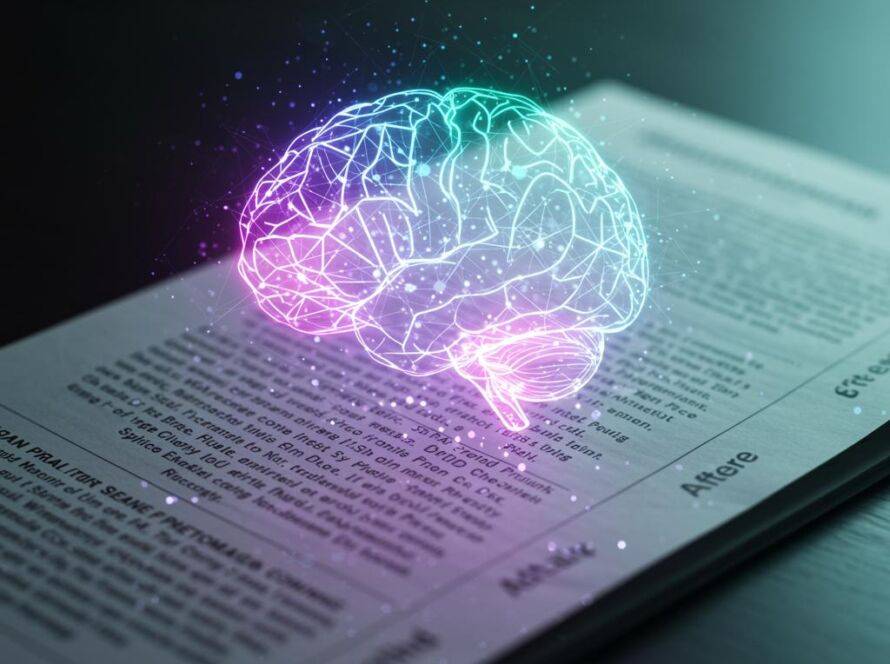Understanding Psychological Disorders: A Simple Guide
Understanding Psychological Disorders
Psychological disorders, also known as mental illnesses, are conditions that affect a person’s thinking, feeling, or behavior, causing distress and difficulty functioning in daily life. They can range from mild to severe and can impact various aspects of a person’s life, including relationships, work, and overall well-being. Understanding these disorders is crucial for both those experiencing them and those who support them.
Types of Psychological Disorders
There is a wide range of psychological disorders, each with its own set of symptoms and characteristics. Some of the most common categories include:
- Anxiety Disorders: Characterized by excessive worry, fear, and nervousness. Examples include generalized anxiety disorder, panic disorder, and social anxiety disorder.
- Mood Disorders: Involve persistent feelings of sadness, emptiness, or extreme mood swings. Examples include major depressive disorder and bipolar disorder.
- Psychotic Disorders: Affect a person’s ability to perceive reality accurately. Examples include schizophrenia and delusional disorder.
- Personality Disorders: Involve enduring patterns of thinking, feeling, and behaving that deviate significantly from cultural norms. Examples include borderline personality disorder and antisocial personality disorder.
- Eating Disorders: Characterized by unhealthy eating habits and preoccupations with body image. Examples include anorexia nervosa and bulimia nervosa.
Diagnosing Psychological Disorders
Diagnosing a psychological disorder requires a thorough evaluation by a qualified mental health professional. This process typically involves:
- A clinical interview to discuss symptoms and personal history.
- Psychological testing to assess cognitive abilities, personality traits, and emotional functioning.
- Review of medical history to rule out physical health conditions that may be contributing to symptoms.
Causes of Psychological Disorders
The causes of psychological disorders are often complex and multifactorial, involving a combination of:
Biological Factors
Genetics, brain chemistry imbalances, and hormonal fluctuations can play a significant role.
Psychological Factors
Traumatic experiences, learned helplessness, and negative thought patterns can contribute to the development of disorders.
Environmental Factors
Stressful life events, social isolation, and cultural influences can also be contributing factors.
Treatment Options
Fortunately, effective treatments are available for most psychological disorders. These treatments can help individuals manage their symptoms, improve their functioning, and enhance their overall quality of life.
Therapy
Various forms of therapy, such as cognitive-behavioral therapy (CBT), dialectical behavior therapy (DBT), and psychodynamic therapy, can help individuals understand and address the underlying causes of their disorders.
Medication
Psychiatric medications, such as antidepressants, anti-anxiety medications, and antipsychotics, can be used to regulate brain chemistry and alleviate symptoms.
Lifestyle Changes
Adopting healthy lifestyle habits, such as regular exercise, a balanced diet, and sufficient sleep, can also play a crucial role in recovery.
Living with a Psychological Disorder
Living with a psychological disorder can be challenging, but it is important to remember that recovery is possible. Seeking professional help, building a strong support system, and engaging in self-care practices are essential for managing the condition and living a fulfilling life.
Building a Support System
Connecting with family, friends, or support groups can provide emotional support and reduce feelings of isolation.
Self-Care Practices
Engaging in activities that promote well-being, such as mindfulness, relaxation techniques, and hobbies, can help individuals cope with stress and improve their overall mental health.
Conclusion
Psychological disorders are complex conditions that affect millions of people worldwide. By understanding the different types of disorders, their causes, and available treatment options, we can reduce stigma, promote early intervention, and support individuals in their journey toward recovery. Remember, seeking help is a sign of strength, not weakness.



